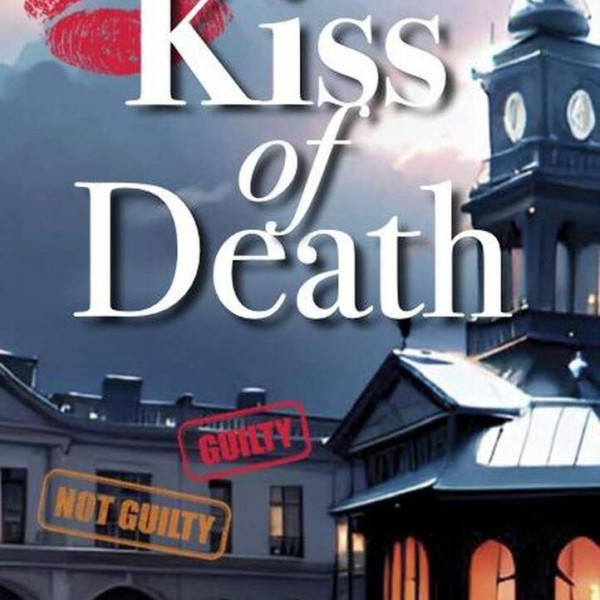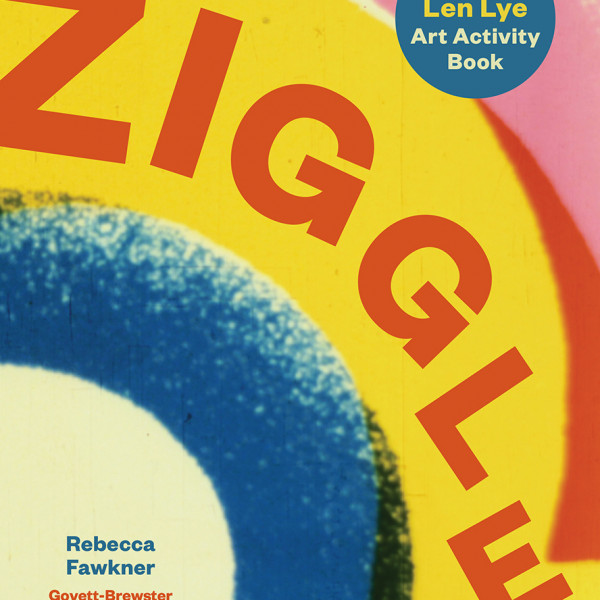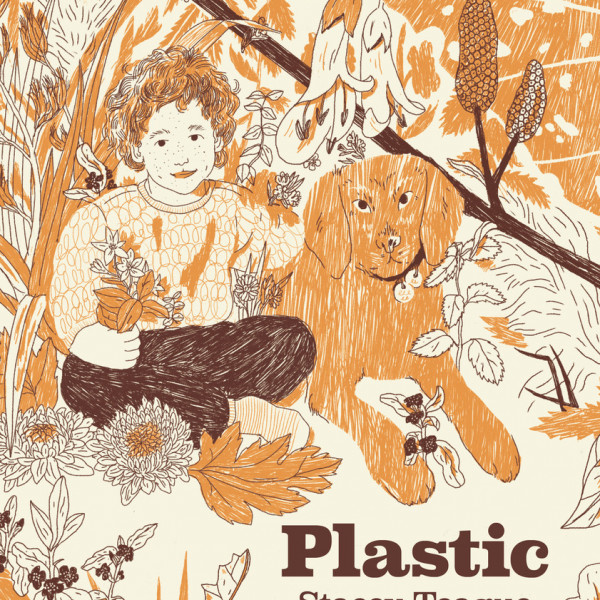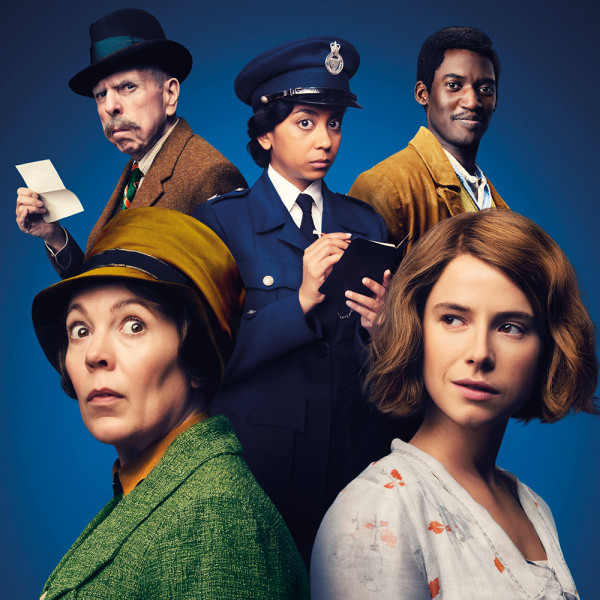
I have been listening to Amy Winehouse every day for almost a week now. I go to bed with You Know I’m No Good playing in my head like a lullaby. I’m singing Valerie in the shower, strolling through Wellington to F*** Me Pumps, belting out Rehab in the car where no one will hear my voice breaking to keep up with hers.
After watching Back to Black I tried to sit down and write this review, but something wasn’t sitting right, so in the name of journalistic integrity I watched the 2015 documentary Amy. Now I understand that Back to Black is not about the GRAMMY®-winning jazz singer, it’s about an incomplete idea of her. It’s a shadow without even a glimmer of her complex, sincere, fiery soul.
Directed by Sam Taylor-Johnson with screenplay by Matt Greenhalgh, the only reason I give this biopic two stars is for the exceptional effort of actress Marisa Abela as our chanteuse. She captures Winehouse’s mannerisms and sings her words with commendable intensity.
I’ve come to learn that Back to Black was made alongside the Winehouse estate – though Taylor-Johnson vehemently denies any input from the family. However, when juxtaposing the biopic with Asif Kapadia’s award-winning Amy, which is narrated in majority by the singer herself, it becomes clear that this 2024 dramatisation is just that – fictionalised. It’s skewed, taking out any agency or wholeness and reducing Winehouse’s short albeit bright life entirely to her relationship with Blake Fielder-Civil (played admirably by Jack O’Connell).
I’d like to add here that Winehouse’s father Mitch criticised and rebuked the validity of Amy, which depicts him in an all-too glaring light, something Back to Black is careful to avoid, going so far as to justify his inertia as naïveté. The biopic rescinds the narrative that the documentary has restored to Winehouse. It absolves any blame from her family, management, fans, and the media, depicting her as girlish and weak. It revokes her agency, her tortured genius, and the fierce spirit that made her special. It reduces her to an inevitable casualty.
Don’t watch Back to Black to get a glimpse of Amy. Listen to her music and you will see her.






















